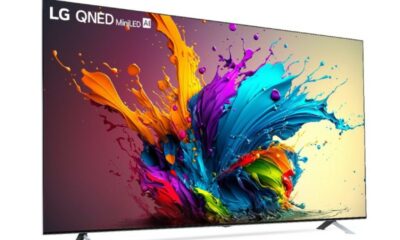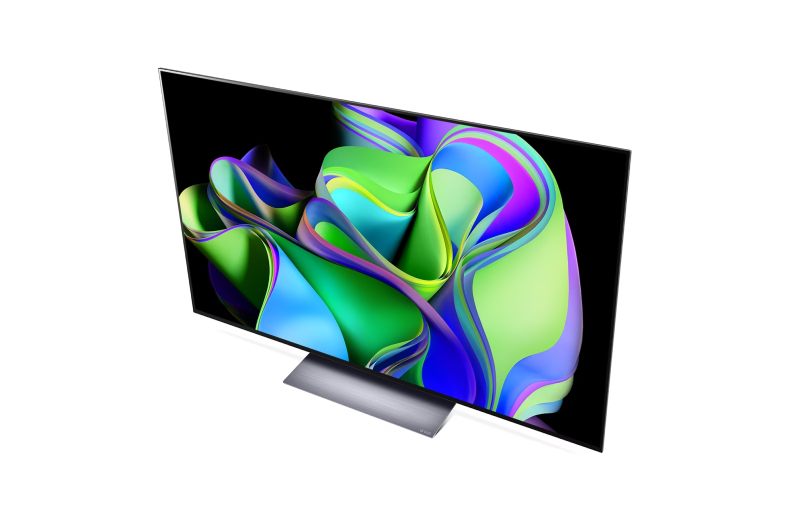Technology
Quickplay received the NAB Award for its Generative AI products

Technology
Clearcover Collaborates with Ada to Launch Customer-Facing AI Solution
Technology
LG Unveils the LGQNED AI and Next-Generation OLED evo AI TVs: Specs, Cost, and more
Technology
OpenAI Integrates Google Drive with ChatGPT for Enhanced Functionality
-

 Business4 weeks ago
Business4 weeks agoA positive mindset, steering positive financial change, meet Oz Clement Knight
-

 Business4 weeks ago
Business4 weeks agoDell Unveils AI-Enabled Laptops and Workstations for Indian Enterprises
-

 Business4 weeks ago
Business4 weeks agoLenovo and US Semiconductor Behemoths Collaborate on AI PCs
-

 Technology4 weeks ago
Technology4 weeks agoLlama 3, a Dedicated AI Web Portal, is Announced by Meta
-

 Business3 weeks ago
Business3 weeks agoConduent and Microsoft Collaborate to Use AI to Increase Business Efficiency
-

 Technology3 weeks ago
Technology3 weeks agoAI Features of the Google Pixel 8a Leaked before the Device’s Planned Release
-

 Technology3 weeks ago
Technology3 weeks agoGoogle Introduces AI Model for Precise Weather Forecasting
-

 Business2 weeks ago
Business2 weeks agoIntel has Optimized 500 Artificial Intelligence Models for Core Ultra Processors















